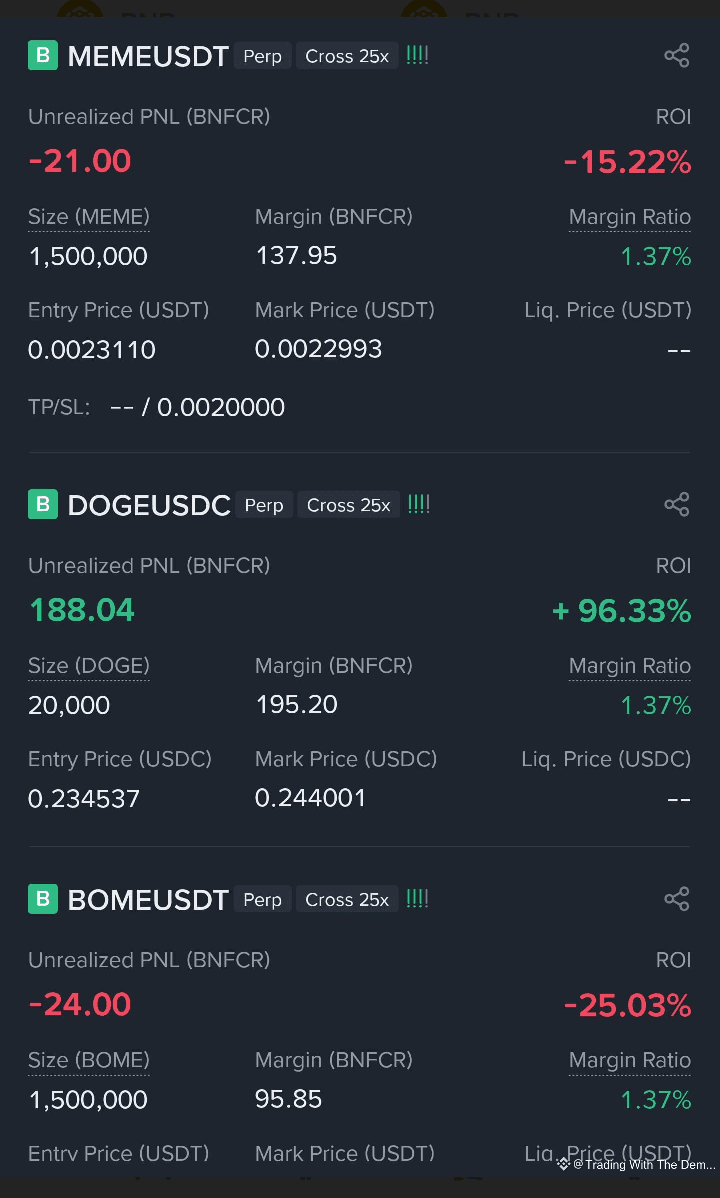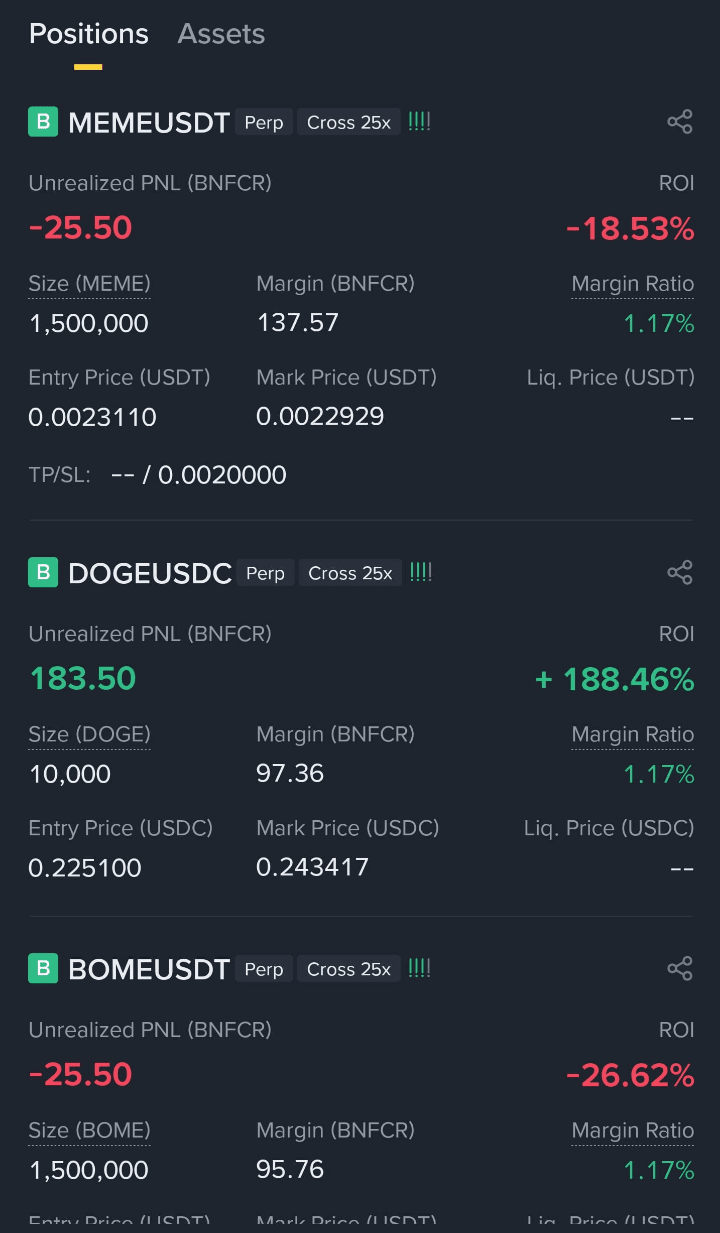在一場與川普有關的迷因幣晚宴報導中,紐約時報意外將焦點對準一位加密圈人物 Sky,因他在社群媒體上用「大表哥 」稱呼幣安創辦人趙長鵬 (CZ),而提出與幣安關係的疑問。對此,CZ 不滿地公開回應,這即將成為一起缺乏事實基礎的「FUD 操作」,並揭露這類輿論是如何被刻意炒作出來的。
Wanna see FUD in the making?
just received this inquiry from NY Times:
“We’re working on a story about the Trump memecoin dinner in Washington that goes into significant detail about one of the attendees, Tianying He, who goes by Sky on X. On his X account, he includes a…
— CZ BNB (@cz_binance) June 6, 2025
「我們正在撰寫一篇報導」:紐約時報提問引爭議
「你是否與 Sky 有親戚關係?他的專案是否跟幣安有所關聯?」一封來自《紐約時報 (NYT)》的記者致信 CZ,聲稱正在撰寫關於「川普迷因幣晚宴」的深度報導,其中將詳細描寫與會者 Tianying He (@0xSkyisnobody) 的背景。
該信指出,Sky 的社群帳號上曾發文標記 CZ,並在一則與川普幣晚宴有關的貼文回覆中,稱呼 CZ 為「大表哥」,因此提問他是否與 CZ 或共同創辦人何一有家族關係、以及其創辦的 LuckyFuture 專案是否與幣安有任何業務往來。
Sky 發文標記 CZ 引來本人回覆
然而,這種以「關係暗示」為前提的提問方式,引來 CZ 的強烈不滿。他認為這根本是一種以假設帶風向的 FUD 策略,直指媒體為炒作而編造關聯,甚至懷疑是「收錢來抹黑的」。
CZ 還原兩人關係:根本不認識
面對外界聯想,CZ 迅速公開說明與 Sky 的實際互動時間線,趕緊戳破這場輿論泡沫。他表示,自己是在 Sky 發出一張帶有 BNB Chain hashtag 的照片後才注意到這個人:「我看到那張照片後才追蹤他。」
而後,他才在自己發布關於「perp DEX」的貼文一週後,接到 Sky 的私訊,開始認識他的專案 LuckyFuture。兩人從未談及川普或美國政治事務,更遑論有任何家族緣分或事業合作。
簡單來說,在這場風波中,CZ 與 Sky 的關係僅止於社群媒體上的淺薄互動,甚至是在川普晚宴後才建立聯繫。
(幣安創辦人 CZ 承認申請川普特赦:既然新聞都寫了,那就只好申請囉)
大表哥=親戚?中式語境、西式理解鬧國際笑話
讓事件升溫的關鍵字「大表哥 (cousin)」其實也蘊藏著文化誤解。Sky 曾在貼文中戲稱 CZ 為大表哥,引發歐美人士揣測兩人是否真有親戚關係。
CZ 特別點名,希望英語社群理解中文語境下的「表哥」或「大表哥」常被用作一種熟悉、尊敬甚至搞笑的稱呼,這在華人圈中相當常見,並不一定具備真實血緣關係。他語帶無奈地寫道:「可以有人幫我在留言區解釋一下『大表哥』嗎?」
這段令人啼笑皆非的文化差異,卻差點被拿來當作新聞爆點,硬套在敏感的美國政治話題上,讓 CZ 直搖頭。
當媒體用暗示編織劇情:沒有證據,那就設問
除了對自己與 Sky 的關聯提出澄清外,CZ 更進一步指出這種媒體操作的套路:「當你沒有證據時,就可以用提問來暗示故事的潛在存在可能。」
紐約時報這份採訪信的用詞設計,明顯是以問題引導讀者產生負面聯想,進而製造不實關係與陰謀論。
對 CZ 而言,這場來自主流媒體的操作,並非出於查證事實,而是有意在全球市場對加密產業造成心理壓力與輿論騷擾。
(趙長鵬駁斥《華爾街日報》爆料:未與川普家族談及幣安美國交易,也不求川普特赦)
當報導成爲劇本:中立視角格外重要
這起由一句「大表哥」引發的風波,讓人再次見識到 FUD 可能如何在毫無事實的基礎下快速擴散。無論是文化誤解、過度揣測,還是刻意設問,紐約時報這次的報導準備工作,在 CZ 看來恐怕不是出於新聞專業,而是刻意為之。
他也坦言,這種「先射箭再畫靶」的輿論操作手法,正是他過去幾年來不斷對抗的現代媒體病症之一。當輿論開始偏離事實,我們更需要警惕那些打著新聞名義卻編織情緒敘事的機制。
(台灣 VASP 禁現金交易?離譜報導挑起社群誤解,媒體人點出五點矛盾、呼籲自重)
這篇文章 一聲「大表哥」就上紐約時報?幣安創辦人 CZ 親曝媒體 FUD 如何開始 最早出現於 鏈新聞 ABMedia。



